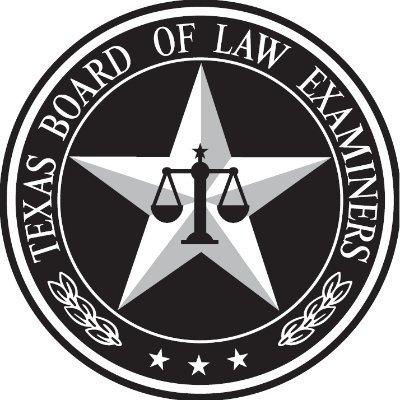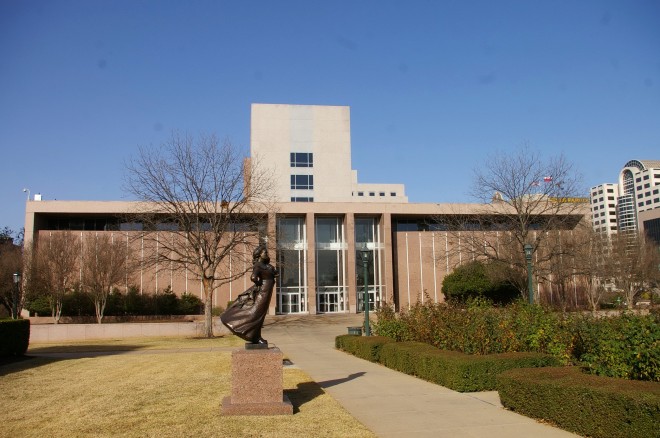Texas Supreme Court Rebukes District Judge Who Authorized an Abortion in Violation of State Law
 Monday night, the Texas Supreme Court issued a seven-page per curiam opinion that vacated Travis County District Court Judge Maya Guerra Gamble's order to allow an abortion of an unborn child at least 20-week-old. In the case (23-0994), Kate Cox sued to have an abortion because the pregnancy allegedly put her life and future fertility at risk, according to a Planned Parenthood abortion doctor, Damla Karsan.
Monday night, the Texas Supreme Court issued a seven-page per curiam opinion that vacated Travis County District Court Judge Maya Guerra Gamble's order to allow an abortion of an unborn child at least 20-week-old. In the case (23-0994), Kate Cox sued to have an abortion because the pregnancy allegedly put her life and future fertility at risk, according to a Planned Parenthood abortion doctor, Damla Karsan.
We are grateful that the Texas Supreme Court affirmed the protections in Texas law for the unborn baby in this case," said Amy O'Donnell, Texas Alliance for Life's communications director. "Texas Alliance for Life strongly supports the law, as passed by the Texas Legislature, that protects unborn babies from abortion but also protects the lives and health of pregnant mothers through limited exceptions."
The Supreme Court pointed out that Texas' law allows abortions when a pregnancy endangers a mother's life or risks substantial impairment of a major bodily function (such as fertility) in a doctor's reasonable medical judgment, an objective standard.
But that is not the case with Ms. Cox's pregnancy, in which Dr. Karsan judged the risk according to her own, non-objective belief. "Dr. Karsan asked a court to pre-authorize the abortion yet she could not, or at lease did not, attest to the court that Ms. Cox's condition poses the risks the exception requires," the Court explained. If she meets the objective standard, Cox can get the abortion.
In issuing the opinion, the Court rebuked the district court. "Judges do not have the authority to expand the statutory exception to reach abortions that do not fall within its text under the guise of interpreting it," it wrote. "The trial court erred in applying a different, lower standard instead of requiring reasonable medical judgment."
In 2021, the Texas Legislature passed the Human Life Protection Act to protect unborn babies from abortion throughout pregnancy but allows abortions when the pregnant woman "has a life-threatening physical condition . . . that places the female at risk of death or poses a serious risk of substantial impairment of a major bodily function."
In the first 12 months since the Human Life Protection Act went into effect in August 2022, more than 50 abortions under the law's exceptions have been reported to the Texas Health and Human Services Commission. No physician has been prosecuted or disciplined for anything related to those abortions.
The Court also used the case to clarify a key issue in Zurawski v. Texas, still pending before the Court, that the exception that allows abortion to save the mother's life does not require that the mother's death be imminent, which Cox's attorneys in the Center for Reproductive Rights have falsely claimed.
But the Supreme Court refrained from issuing further medical guidance, leaving that to the executive branch. "The court cannot go further by entering into the medical-judgment arena. The Texas Medical Board, however, can do more to provide guidance in response to any confusion that currently prevails," they wrote. That is a point Texas Alliance for Life has made numerous times for more than a year.
The Court also did not address the question of whether the exceptions, and the actual abortion laws, satisfy the Texas Constitution, also raised in the Zurawski case. Presumably that will be addressed when the Court issues an opinion in that case sometime in the coming months.
In Zurawski, Texas Alliance for Life submitted an amicus curiae (friend-of-the-court) brief on behalf of 92 members of the Texas Legislature, making the point that nowhere in the state constitution is there a right to abortion.








